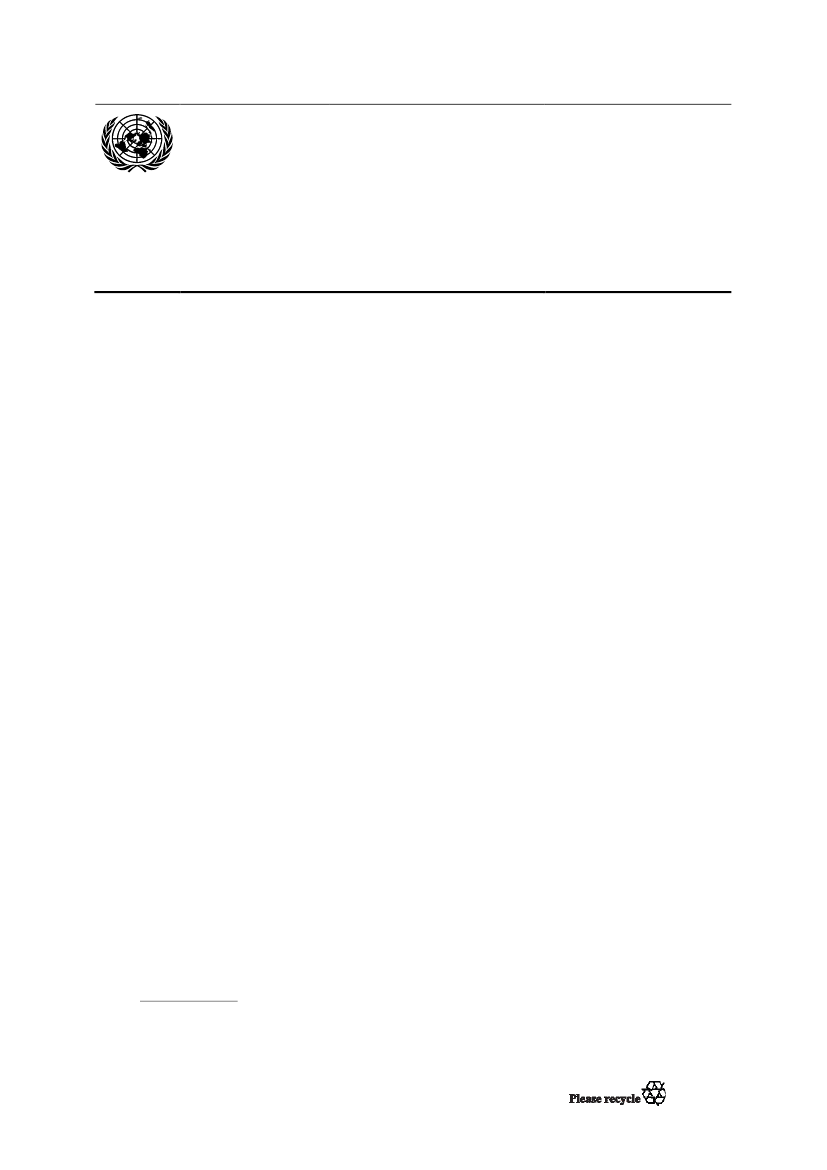
United Nations
CRPD
/C/DNK/CO/2-3
Distr.: General
5 September 2024
ADVANCE UNEDITED
VERSION
Original: English
Convention on the Rights
of Persons with Disabilities
Committee on the Rights of Persons with Disabilities
Concluding observations on the combined second and third
periodic reports of Denmark
*
I. Introduction
1.
The Committee considered the combined second and third periodic reports of
Denmark
1
at its 737th and 738th meetings
2
, held on 23 August 2024. It adopted the following
concluding observations at its 752nd meeting, held on 3 September 2024.
2.
The Committee welcomes the combined second and third periodic reports of Denmark,
comprising the information on Denmark and on the self-governed territories within the
Kingdom, namely the Faroe Islands and Greenland, which was prepared in accordance with
the Committee’s reporting guidelines,
including under the simplified reporting procedures.
The Committee thanks the State party for its written replies to the list of issues prior to
reporting
3
, and the additional information submitted by the State party.
3.
The Committee appreciates the fruitful and constructive dialogue held with the large
delegation, which included many representatives of relevant government ministries as well
as representatives of the government ministries of the Faroe Islands and of Greenland. The
Committee also expresses its appreciation for the active participation of the Danish Institute
for Human Rights, in its capacity as the national human rights institution and independent
monitoring mechanism pursuant to article 33 (2) of the Convention.
II. Positive aspects
4.
The Committee commends the State party on its efforts to review and amend its
legislation, in particular its amendment in 2021 to the Criminal Code, including disability as
a protected target in line with race, ethnicity, gender, etc. The Committee commends the
Government of the Faroe Islands on its adoption of a law in 2024, establishing an independent
monitoring mechanism which is scheduled to start operating on 1 January 2025.
5.
The Committee commends that the Danish Government and several other parties in
Parliament concluded a framework agreement in May 2024 for the disability sector,
consisting of initiatives to benefit children, young people and adults with physical or
psychosocial disabilities. It also commends the Danish Government on the development of a
10-year action plan for improving psychiatric care, which includes goals to reduce coercive
measures by 2030. It commends the Government of Greenland for its adoption of an Action
Plan For Compliance With UN Convention on The Rights of Persons With Disabilities 2024-
2034.
*
Adopted by the Committee at its thirty-first session (12 August–5 September 2024).
1
2
3
CRPD/C/DNK/2-3
See CRPD/C/SR.737 and CRPD/C/SR.738
CRPD/C/DNK/QPR/2-3
GE.24-